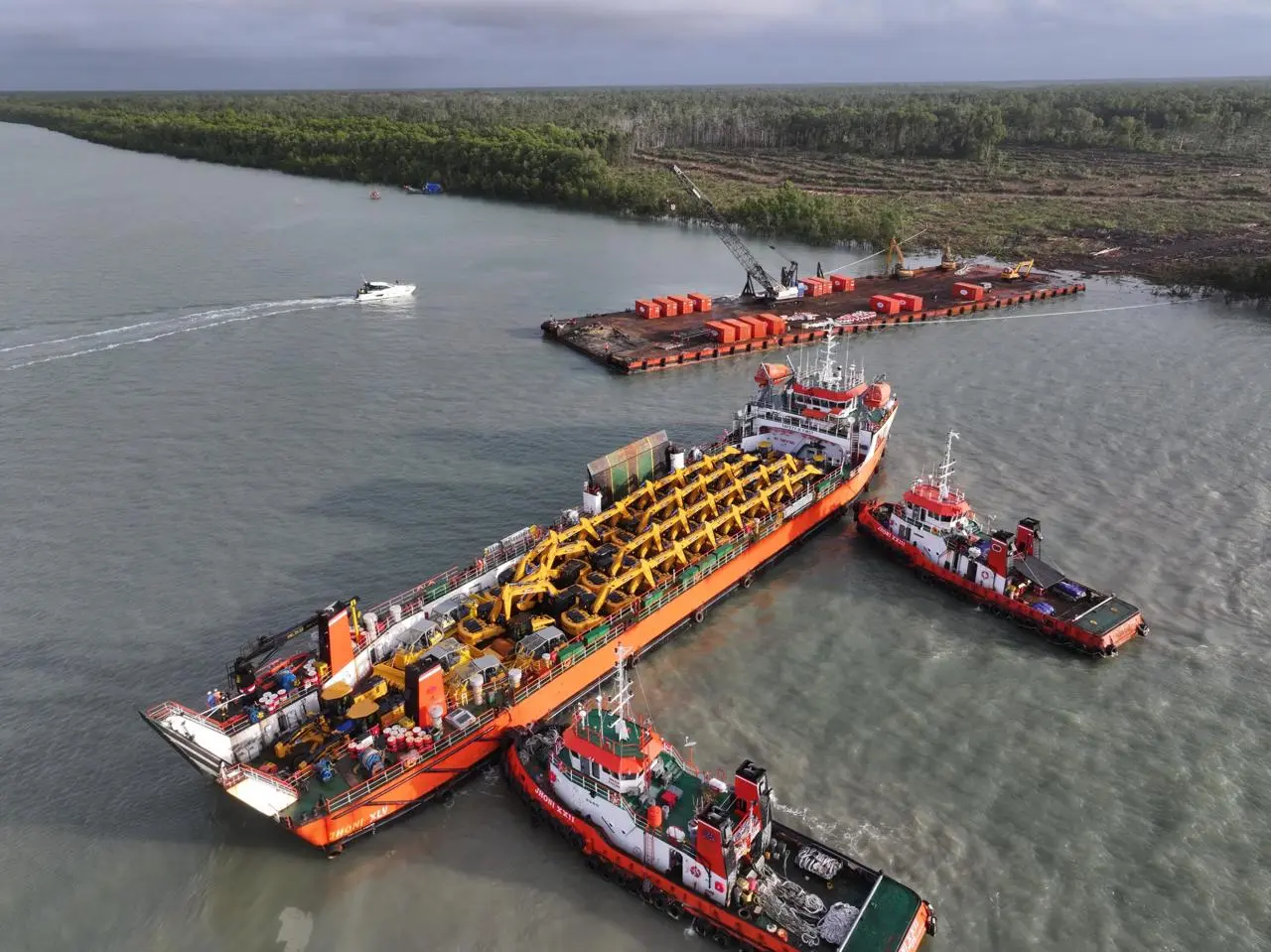Merauke Food Estate: The Future of Indonesia’s Integrated Sugar Industry
Indonesia has unveiled ambitious plans to transform the Merauke Food Estate in Papua into an integrated sugar industry hub, a key component of its broader vision for food and energy self-reliance. This initiative, announced under Presidential Decree No. 15/2024, aims to bolster domestic sugar production while fostering bioethanol self-sufficiency.
A Massive Investment
The project is projected to cost Rp 83 trillion (approximately $5.3 billion) and is expected to unfold progressively until 2029. According to Edy, a government spokesperson, the initiative has already attracted interest from both domestic and international investors. The government envisions this hub as a cornerstone of President Prabowo Subianto’s commitment to food and energy independence.
Public-Private Partnerships in Focus
Agriculture Minister Amran Sulaiman emphasized the importance of collaboration between state-owned enterprises (SOEs) and private companies to minimize government expenditure. Each sugar factory in the hub is estimated to require Rp 2.5–3 trillion in investment. Public-private partnerships, which have successfully established operational sugar factories in regions such as Bombana, South Sumatra, and West Nusa Tenggara, serve as a blueprint for this venture.
Construction is anticipated to begin in 2025, signaling a significant step toward addressing Indonesia’s sugar deficit. The Merauke region offers favorable conditions for large-scale sugarcane cultivation, making it an ideal location for this transformative project.
Bioethanol Production for Energy Transition
A key aspect of the initiative is its dual focus on sugar and bioethanol production. As Indonesia intensifies its energy transition efforts, bioethanol is expected to play a vital role in reducing reliance on fossil fuels. This aligns with global sustainability goals while providing an economic boost to rural communities in Papua.
Land Allocation and Incentives
The government has tasked a specialized team led by the Minister of Investment to oversee land allocation and provide incentives to businesses participating in the project. Proper land management and transparent regulations are essential for the project's success, ensuring both environmental sustainability and economic feasibility.
Challenges and Opportunities
While the investment and collaborative model are promising, challenges such as infrastructure development, community engagement, and environmental concerns must be addressed. Success will require meticulous planning and execution to balance industrial growth with the preservation of Papua’s unique ecosystem.
By turning the Merauke Food Estate into an integrated sugar industry hub, Indonesia takes a bold step toward achieving self-reliance in food and energy. If successful, this initiative could serve as a model for sustainable agricultural and industrial development across the nation.
Read More






 Wednesday, 04-02-26
Wednesday, 04-02-26







